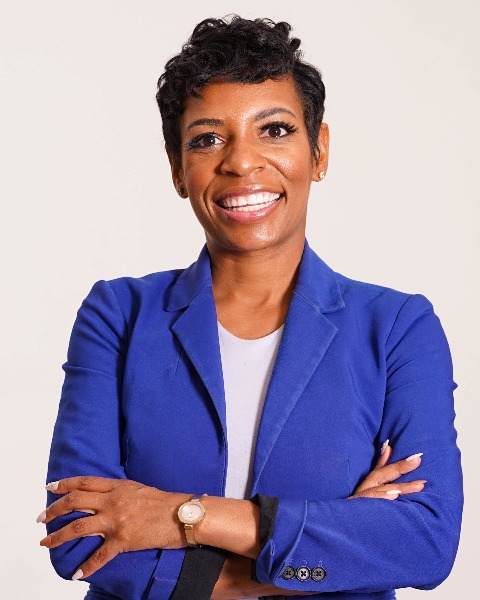Paper Presentation
Disability Issues
Session: Intersectionality, Audism, and Disability Justice in Social Work
Challenging Bias: Intersectionality, Audism, and Disability Justice in Social Work

Zibora R. Gilder, MSW
Phd Student
Howard University
Presenter(s)
Bias in social work often leads to low expectations and systemic exclusion for Deaf and Hard-of-Hearing clients. This session examines how audism, countertransference, and intersectionality shape service delivery. Using visuals, real-world case studies, and guided reflection, attendees will explore practical strategies to improve accessibility and disability justice-informed practices.
Learning Objectives:
At the end of this session, attendees should be able to:
- Upon completion, participants will be able to define audism and describe its intersection with bias, countertransference, and systemic barriers in social work practice.
- Upon completion, participants will be able to identify common stereotypes and preconceived notions about Deaf and Hard-of-Hearing individuals and analyze how these biases impact service delivery, diagnosis, and accessibility in social work settings.
- Upon completion, participants will be able to apply disability justice-informed strategies to challenge bias, improve cultural competence, and implement equitable and accessible practices for Deaf and disabled individuals in social work.
